2018’s Top 10 Business News Stories
2018-01-15
The China International Import Expo
The first large-scale national export exhibition in the world, the first China International Import Expo (CIIE) was held at the National Exhibition and Convention Center in Shanghai from November 5 to 10.
The event marked a major initiative by the Chinese Government to support trade liberalization and economic globalization and open Chinas market to the world. The annual expo will promote economic and trade exchanges and cooperation between different countries.
The fi rst CIIE attracted 172 countries, regions and international organizations. More than 400,000 purchasing agents at home and abroad participated in the event. The value of intended deals made at the event reached $57.8 billion, with the smart and high-end equipment exhibition zone seeing the highest turnover at $16.46 billion.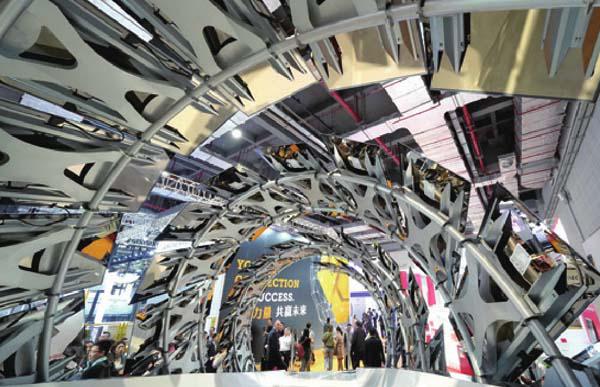
Strong Support for Private Enterprises
President Xi Jinping highlighted the importance of the private sector in the domestic economy on several occasions from September to November. At a symposium on private enterprises held on November 1, Xi stressed that China needs to boost the public sector and encourage, support and guide the development of the non-public sector.
In the past 40 years, Chinas private sector has witnessed steady expansion and development. The country has fully recognized the important role the private sector plays as well as the problems facing the sector at the current development stage. Efforts will be made to introduce favorable policies to reduce fi nancing diffi culties and costs for private enterprises and create a more favorable business environment.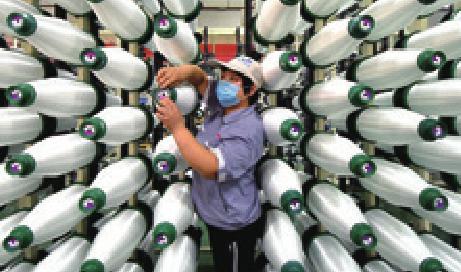
Hainan Free Trade Zone
The State Council, Chinas cabinet, approved the establishment of the Hainan Free Trade Zone and issued the China (Hainan) Free Trade Zone General Plan on October 16, a major decision by the Communist Party of China Central Committee and the State Council with in-depth research, overall consideration and scientific planning in view of the situation at home and abroad. It also illustrated Chinas determination to open itself wider and promote economic globalization.
Individual Income Tax Reform
Newly introduced tax revisions on October 1 include raising the minimum threshold of individual income tax to 5,000 yuan ($725) per month, imposing a comprehensive tax on certain labor incomes, and optimizing the tax rate and structure. Moreover, the reform introduces special deductions for childrens education, continuing education, serious illnesses, rent and first-time housing loan interest.
The tax law reform covers tax structure, taxation rules and other aspects. It is regarded by many as the most forceful since the individual income tax law in China was first released in 1994. The new individual income tax law will take effect on January 1, 2019.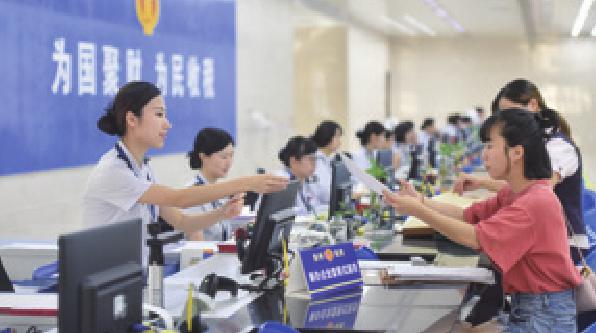
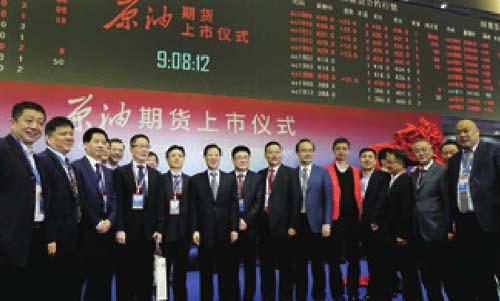
Crude Oil Futures Listed
Chinese crude oil futures, the first international futures product from China, were offi cially listed on the Shanghai International Energy Exchange on March 26.
The operation of Chinese crude oil futures has closely followed international standards in terms of renminbi pricing, trading, delivery, settlement, risk control and market supervision.
The crude oil market in China has a 30 year history. As one of the most important products in the futures market, crude oil futures will help improve the domestic crude oil market and contribute to the real economy.
New Negative List
The new negative list for foreign investment in China was offi cially released on June 28. The National Development and Reform Commission (NDRC) and the Ministry of Commerce jointly issued the Special Management Measures (Negative List) for Foreign Investment Access (2018), which took effect on July 28 and greatly lowered the market threshold.
According to NDRC sources, the main features are as follows. First, the negative list will promote openness in an all-round manner. The restriction on market access has been eased in primary, secondary and tertiary industries, including fi nance, transportation, trade and commerce, professional services, manufacturing, infrastructure, energy, resources, agriculture, with 22 measures.
Second, the list has been simplified from 63 items in 2017 to 48 special management measures. As a result, the foreign investment approval process will be further streamlined.
Third, overall planning for opening up in some fi elds will be carried out. The 2018 negative list provides a roadmap and schedule of opening the auto and financial sectors, gradually widening the opening up and allowing transition in relevant industries.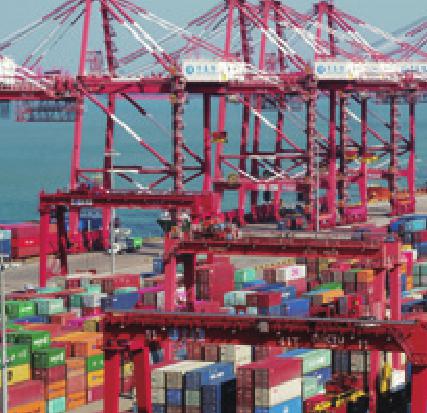
Import Tariff Reduction
China has reduced import tariffs on 1,585 items since November 1, accounting for about 19 percent of the total number of tax items in China. The average tax rate has dropped from 10.5 percent to 7.8 percent, with an average decline of 26 percent.
In order to adapt to industrial upgrading and reduce the costs of enterprises, the items include many industrial items related to production and daily life.
The tax reduction measures will reduce production costs of domestic enterprises, improve the capacity and supply level of domestic enterprises and produce more high-quality and cost-effective products to benefi t the public.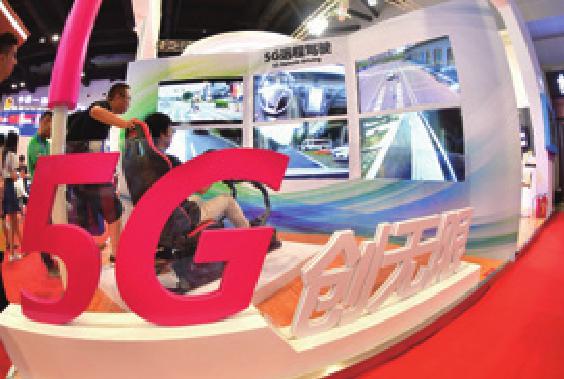
5G Frequency Approval
The three major Chinese telecom operators have obtained license approval for 5G trial frequency, suggesting that large-scale 5G trials will be launched nationwide.
At present, China Mobile, China Telecom and China Unicom will continue to carry out 5G pilot projects in several cities. It is estimated that 5G will be put into commercial use in 2019 and fully commercialized by 2020.
After the launch of 5G trials nationwide, 5G smartphones will become the first batch of products with commercialized 5G technologies. Apart from smartphones, the coverage of 5G networks will also signifi cantly impact urban public transportation.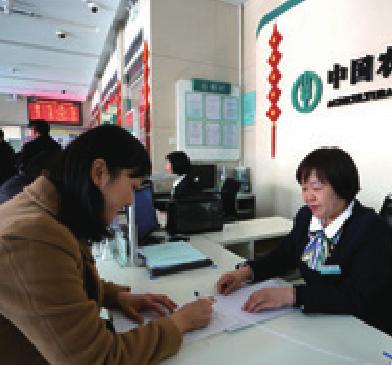
State-Owned Capital Guideline
The Central Committee of the Communist Party of China and the State Council issued a guideline on improving the management of state-owned capital on June 30. The guideline aims to optimize the strategic layout of stateowned capital, enhance the vitality and control of stateowned fi nancial institutions, and preserve or increase the value of state-owned capital.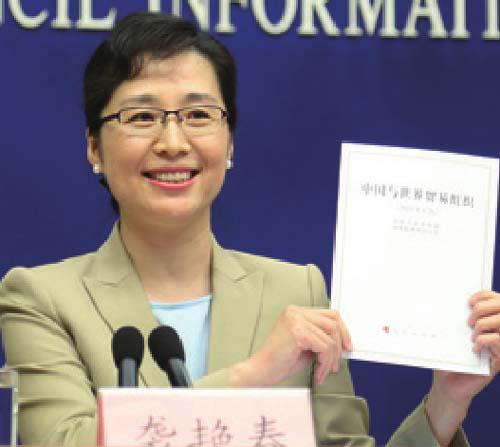
First White Paper on China and the World Trade Organization Released
The Chinese Government issued the China and the World Trade Organization (WTO) white paper on June 28 to highlight Chinas practices to fulfi ll its commitment, explain the principles and policies of its participation in the multilateral trade system and clarify the countrys vision and action to promote higher-level opening up.
This is the fi rst time that China has published a white paper on this issue as its contribution to global trade since its accession to the WTO has received positive remarks.
The white paper points out that China has fi rmly supported the multilateral trading system, participated in various WTO affairs and urged the organization to pay more attention to the concerns of its developing members. China has also opposed unilateralism and protectionism and worked with other members for the WTO to play a greater role in economic globalization.
According to the white paper, China has pursued a mutually beneficial and win-win strategy of opening up, followed the WTO free trade concept and fulfi lled its responsibility as one of the major powers through opening itself to the world.
